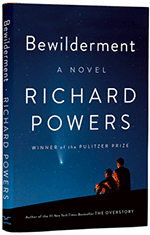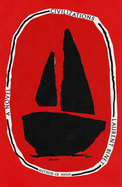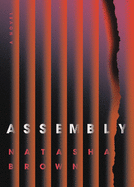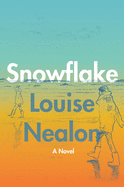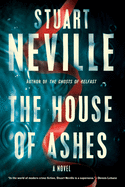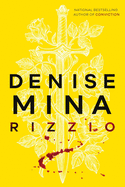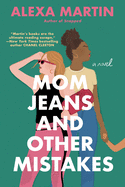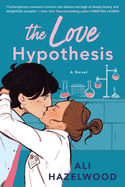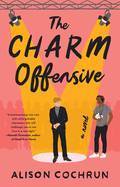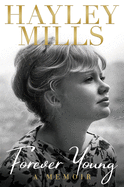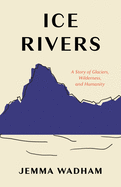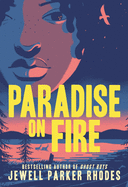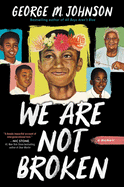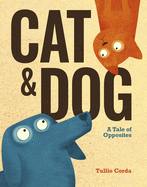Bewilderment by Pulitzer Prize-winner Richard Powers (The Echo Maker; Orfeo; The Overstory) is a novel of great pain and empathy. Focusing on a nuclear family but also concerned with ecological collapse and the possibilities of distant space, this is a heart-wrenching story with an important message to convey.
Theo Byrne is an astrobiologist: he writes programs to explore, hypothetically, distant planets that may host life. His work is at the nexus of science, coding and imagination. But readers meet him first in a still more important role: that of single parent to Robin, who is just turning nine. Robin is a special child: artistic, caring, intelligent. "So far the votes are two Asperger's, one probable OCD, and one possible ADHD," but Theo resolutely resists the push to medicate him. Bewilderment begins with father and son in the Smoky Mountains on a camping trip, intended as alternative therapy following yet another outburst at school. It helps Robin immensely, but the larger world awaits. "The cars, the asphalt, the sign listing all the regulations: after a night in the woods, the trailhead parking lot felt like death. I did my best not to show Robin. He was probably protecting me, too." Robin will not tolerate lies. But how can Theo tell the truth about just how vicious our world really is?
Theo's wife, Robin's mother, is absent. Aly was a tireless animal rights lawyer-activist, fierce and indomitable and loving; both man and boy are daily devastated by her loss, which readers slowly piece together: a car accident, swerving to avoid an opossum. "I didn't know how to be a parent. Most of what I did, I remembered from what she used to do." The novel is told in Theo's first-person voice, in constant interaction with Robin; but Aly is ever present, too, as a voice in Theo's head and to whom he turns for advice. On leaving the Smokies, he appeals to her: "We're fine together, in the woods. But I'm afraid to take him home."
Indeed, back in Madison, Wisc., Robin struggles at school and Theo, trying to care for him, falls behind at work. Planetary exploration and the sciences in general are underfunded and under attack by a government administration that blusters and crows on social media. Theo's research partner refers to Robin as "the boy." The school pushes harder to medicate him. Many evenings, Theo and Robin travel together in imagination to distant, dreamed-up planets that just might support life. These interludes are gorgeously rendered demonstrations of love and inventiveness. But the real world continues to rattle.
Another colleague makes an unusual offer. Decoded Neurofeedback, or DecNef, allows patients, or "trainees," to mimic the moods of "target" subjects using real-time, AI-mediated feedback: emotional training via carefully monitored neural states. At nine, Robin is an unusually young subject, but he also has a unique opportunity. Before her death, his mother Aly allowed her own neural activity to be recorded. Now the precocious, troubled, earnest Robin has access to her mental state.
Theo and Robin share an appreciation for the Daniel Keyes story "Flowers for Algernon," and its implications are not lost in Robin's own unprecedented experience. Theo continues to agonize over his parenting, life on Earth and life in the beyond: "Decoded Neurofeedback was changing [Robin], as surely as Ritalin would have. But then, everything on Earth was changing him." Robin sees enormous improvement in his ability to handle his rages and his blues, enjoying learning widely about the natural world, with a switch to home-schooling. He shows an uncanny harmony with and knowledge of his mother's mind, enough to unnerve his father. But there will come a reckoning. Theo and Robin live in a recognizable version of the contemporary United States, beset by climate disasters, political upheaval and hate, wildfires, ignorance. Even as Robin makes his way as an increasingly well-adjusted young activist, bad news bombards their family from all sides, until disaster strikes. Bewilderment circles back to the Smoky Mountains for a gut-wrenching finish in the same place where it began. "From behind us, upstream, the future flowed over our backs into the sun-spattered past."
Powers deserves his reputation as a consummately talented writer. His careful, lyrical prose conveys precisely the intended emotion and tone at the right time, and weaves meanings and significances in complex layers. This superlative novel invites readers to meditate on the natural world, human and animal rights, the potentialities of deep space, the role of science and technology in human societies, the challenges of modern childhood and more. "Maybe humanity was a nine-year-old, not yet grown up, not a little kid anymore. Seemingly in control, but always on the verge of rage." Robin is a delightful character, a bright, sincere, intense child, lovable and challenging. Theo is deeply sympathetic in his dual tendencies toward far-thinking astrobiology and the care of his child ("They share a lot, astronomy and childhood"), and in his fear that he will fail his son. Powers pulls no punches: he portrays a brutal world that will damage Robin, Theo and all humanity in profound and irreparable ways. Bewilderment is a beautifully told story, but one that hurts, too. --Julia Kastner
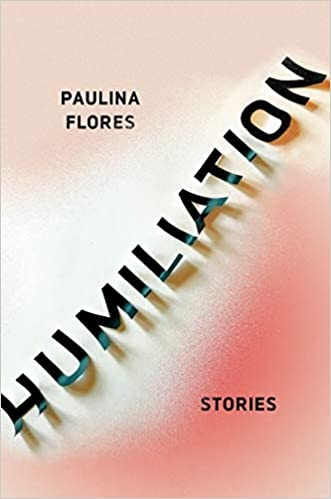 The other day I was reading a short story called "Teresa" by Paulina Flores. It appears in the sparkling collection Humiliation (Catapult, $16.95) and observes a woman as she considers the plight of a girl who appears to be lost at the public library, spurring a memory of when she was a lost child and assumed a false name. Through meticulously teased-out details, the narrator spools out a story of happenstance and deceit with such delicacy that my attention was rapt from beginning to end.
The other day I was reading a short story called "Teresa" by Paulina Flores. It appears in the sparkling collection Humiliation (Catapult, $16.95) and observes a woman as she considers the plight of a girl who appears to be lost at the public library, spurring a memory of when she was a lost child and assumed a false name. Through meticulously teased-out details, the narrator spools out a story of happenstance and deceit with such delicacy that my attention was rapt from beginning to end.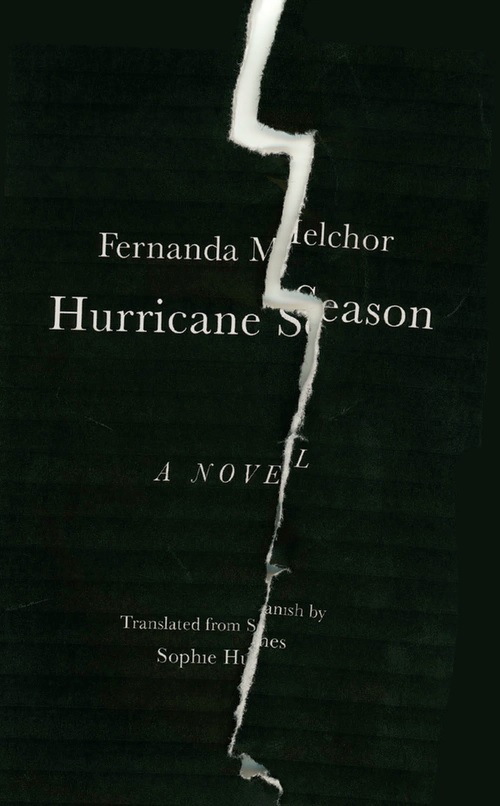 Sophie Hughes manages a similar task in her translation of Mexican author Fernanda Melchor's elaborately twisted sentences in the riveting Hurricane Season (New Directions, $16.95)--with nary a period to the page. To translate not only the words but also the breathless style is crucial to the magic Melchor works in this gruesome story about a town's murder of a witch, because it enacts that sinister insistence present in all great urban legends.
Sophie Hughes manages a similar task in her translation of Mexican author Fernanda Melchor's elaborately twisted sentences in the riveting Hurricane Season (New Directions, $16.95)--with nary a period to the page. To translate not only the words but also the breathless style is crucial to the magic Melchor works in this gruesome story about a town's murder of a witch, because it enacts that sinister insistence present in all great urban legends.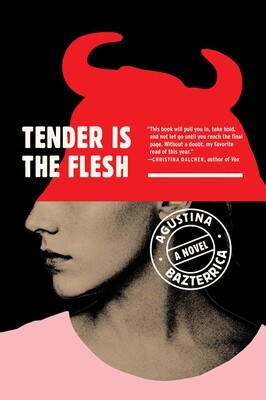 I also recently enjoyed Tender Is the Flesh by Agustina Bazterrica (Scribner, $16), winner of Argentina's Clarín Novela Prize, whose style is perhaps the opposite. In Sarah Moses's translation, the oppressive atmosphere necessary to support a cannibalistic social regime emerges in terse, austere sentences--delivered rapidly and with a level of directness that leaves no room for doubt or second-guessing.
I also recently enjoyed Tender Is the Flesh by Agustina Bazterrica (Scribner, $16), winner of Argentina's Clarín Novela Prize, whose style is perhaps the opposite. In Sarah Moses's translation, the oppressive atmosphere necessary to support a cannibalistic social regime emerges in terse, austere sentences--delivered rapidly and with a level of directness that leaves no room for doubt or second-guessing.


